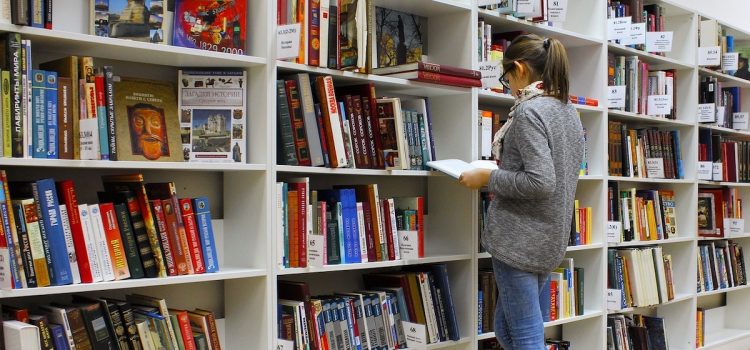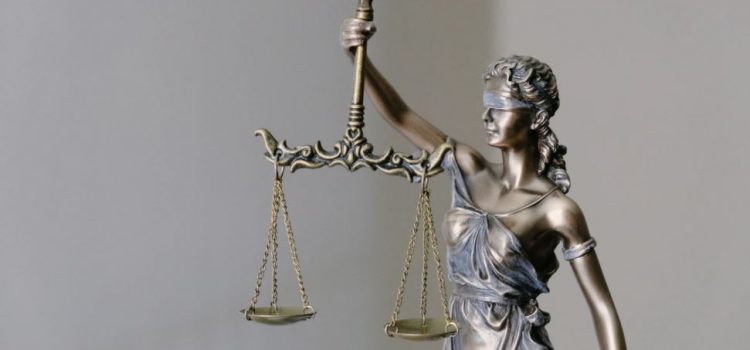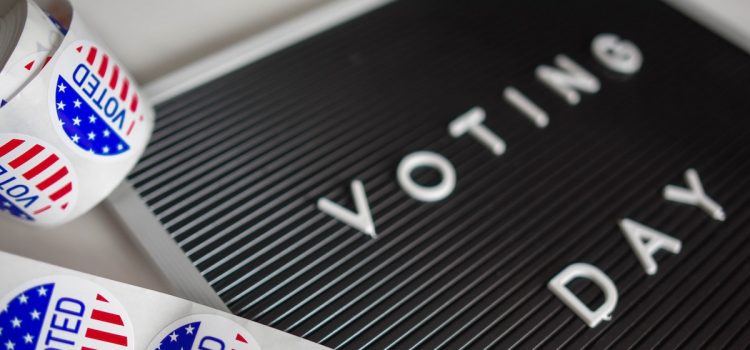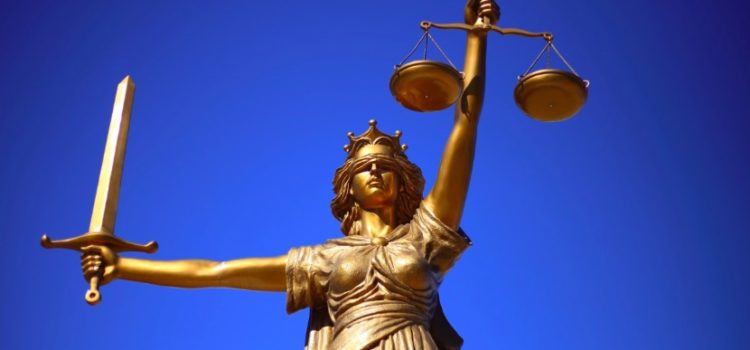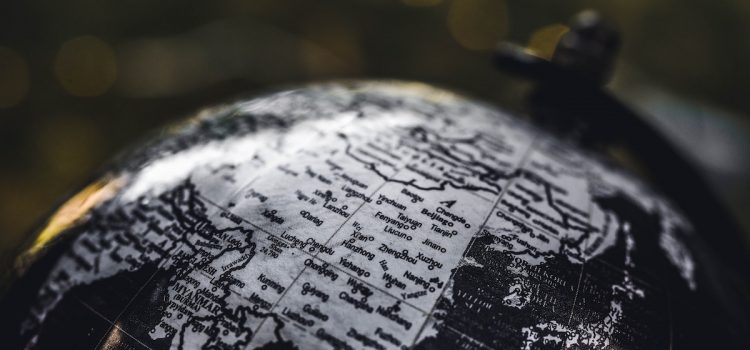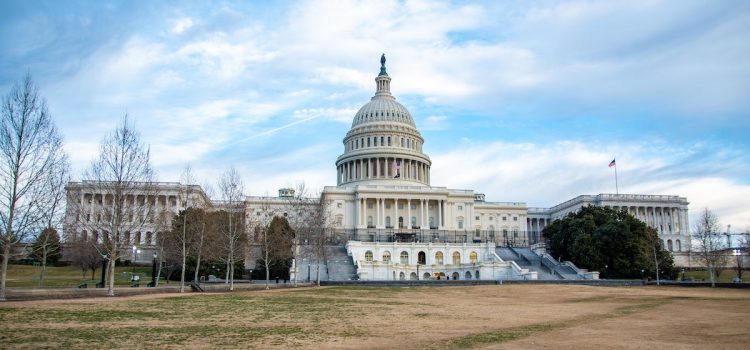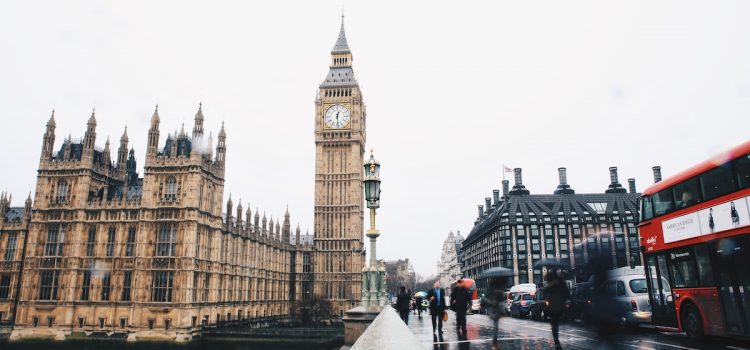What is the difference between utilitarianism vs. libertarianism? Can the two be reconciled? To what extent should government restrict personal freedoms to ensure public safety and well-being? Utilitarianism states that government should only concern itself with maximizing public welfare. Libertarianism, on the other hand, says that government should only concern itself with maximizing personal freedoms. Michael Sandel explores the difference between these two ideologies and how their views apply to real-life political questions.
Utilitarianism vs. Libertarianism: What’s the Difference?



